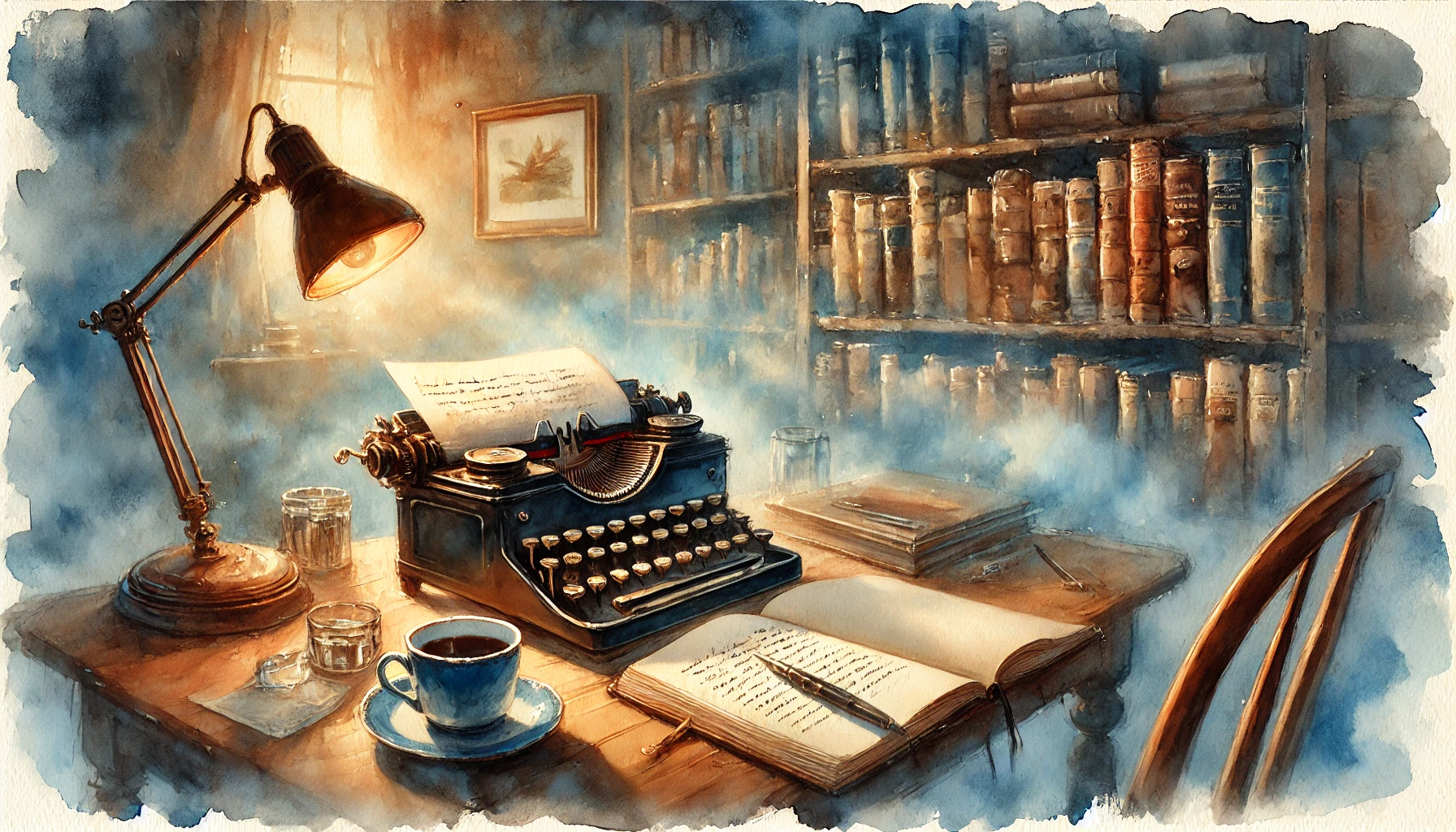
Copyright, AI, and Subtxt—Why Your Work is Safe and Original
Establishing your creative rights in the AI era
With the growing presence of AI in creative fields, many writers and storytellers wonder: Will AI-generated content be copyrightable? Can I safely use AI tools like Subtxt without jeopardizing my ownership?
A recent report from the U.S. Copyright Office, Copyright and Artificial Intelligence, Part 2: Copyrightability, confirms what we at Subtxt have always known—AI can assist in creative processes, but copyright ultimately depends on human authorship. Subtxt ensures that your work remains entirely yours by focusing on meaning, structure, and story logic rather than text-based generation.
How Subtxt Handles Copyright and Content Generation
Let’s be clear: Subtxt and Muse are NOT trained on any of your storytelling. Your work remains yours, and no one else has access to it.
Many AI tools scrape or ingest text to replicate patterns, but that approach fundamentally misses the point of storytelling. Stories aren’t about what’s on the surface—they're about subtext. AI models trained purely on text will never capture the dynamic interplay of character motivations, thematic intent, and narrative structure that makes a story work.
This is why Subtxt doesn’t train on or absorb your inputs. Instead, it provides meaning-driven insights, acting as a guide rather than a ghostwriter. Your story remains your creation, with AI merely assisting in the discovery of its deeper structure.
For more on this, see our Content Generation Policy:
🔗 Subtxt Content Generation Policy
And check out why Subtxt focuses on meaning, not just structure:
🔗 Why Subtxt Focuses on Meaning, Not Just Structure
Is Uploading Classic Novels for Story Analysis Legal? (Yes!)
A common question we get is:
Let’s suppose there’s a great novel I like, and it’s freely available on Gutenberg (e.g., Middlemarch by George Eliot). Can I upload a text version of that novel to Subtxt and have it generate a Premise and/or Storyform to inspire my own story?
The answer is YES—absolutely. And here’s why.
Subtxt doesn’t copy, reword, or generate derivative text from the novel. Instead, it extracts the underlying subtext—the same way West Side Story "uploaded" Romeo and Juliet and transformed it into something completely original.
Copyright law recognizes that new works built from themes, structure, and meaning rather than exact text are legitimate and protectable. The recent U.S. Copyright Office report reinforces this:
Copyright protects the original expression in a work created by a human author, even if the work also includes AI-generated material. (Copyright AI Part 2, p. iii)
This means your work remains fully copyrightable as long as you, the author, shape and refine it. Since Subtxt requires author intervention and modification, anything you create through its insights is legally your intellectual property.
AI as a Creative Assistant, Not a Replacement
Subtxt is a tool to help you think differently about your story. It does not generate text in place of the author, and it doesn’t operate like generic generative AI models. Instead, it highlights narrative potential, assisting you in developing your story in ways that only you can execute.
If you’re drawing inspiration from Middlemarch, Subtxt will analyze its deep structure, helping you craft something uniquely yours—just as countless storytellers have done throughout history.
Conclusion: Your Stories Are Safe, Your Rights Are Protected
Subtxt is designed to empower human creativity, not replace it. You remain the sole author of your work, and anything generated through Subtxt’s guidance is legally and creatively yours.
So go ahead—explore, analyze, and create with confidence. Your stories are safe, your rights are protected, and your originality is what makes them truly valuable.

Download the FREE e-book Never Trust a Hero
Don't miss out on the latest in narrative theory and storytelling with artificial intelligence. Subscribe to the Narrative First newsletter below and receive a link to download the 20-page e-book, Never Trust a Hero.

